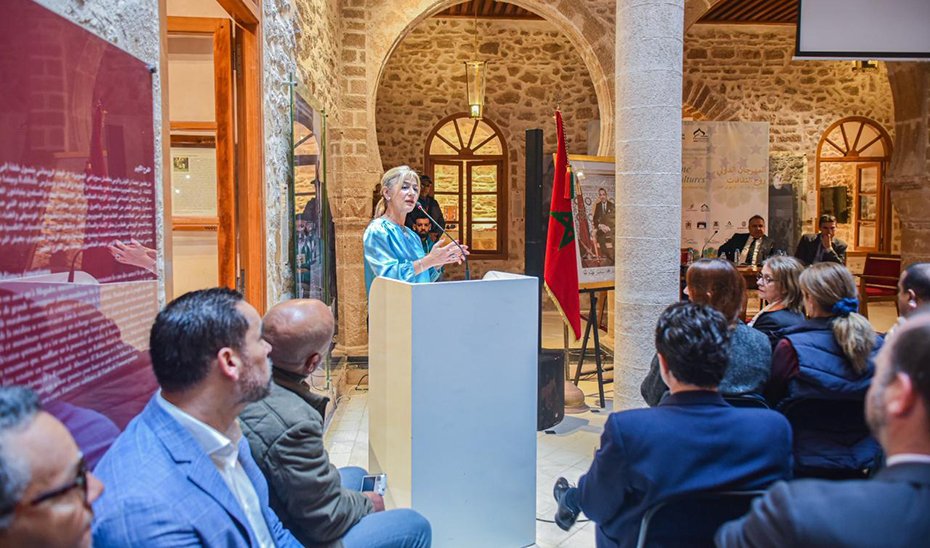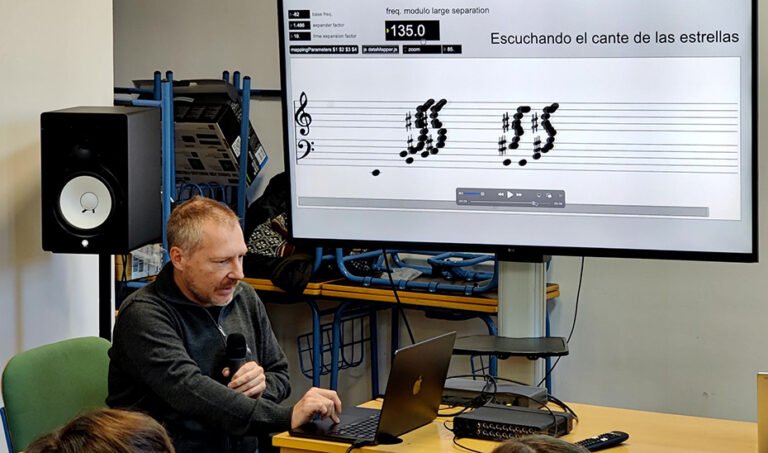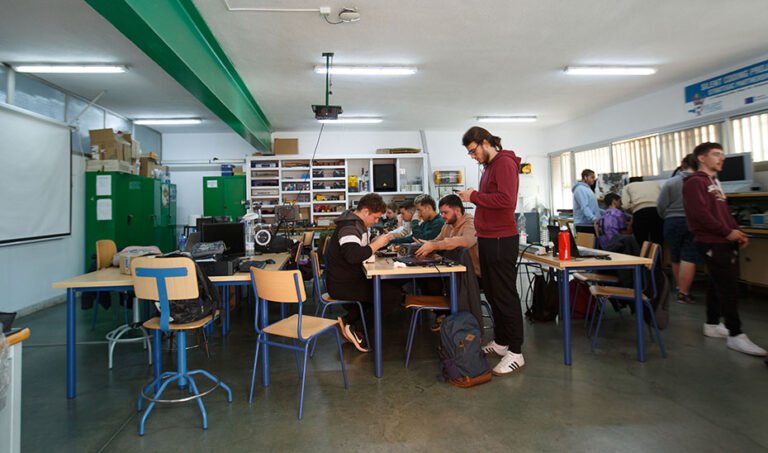
The Minister of Culture and Sports, Patricia del Pozo, inaugurated the third edition of the ‘Soul of Cultures’ Festival in the Moroccan city of Essaouira. The event is organized by the Three Cultures of the Mediterranean Foundation and the Kadiriya Brotherhood of Essaouira in collaboration with the Machado Foundation and with the support of the Spanish Embassy in Morocco.
During her speech, the Minister and co-president of the Three Cultures Foundation emphasized the power of culture to create spaces for encounter, dialogue, understanding, and peaceful coexistence. She highlighted the importance of these spaces in building upon what unites us rather than what divides us, drawing from Andalusia’s centuries-long history of cultural diversity and universal values.
She underscored the significance of this gathering, which offers «a journey to the heart of our traditions, guided by spiritual leaders from Christian, Muslim, and Jewish communities, as well as numerous experts in crafts and academics, in a celebration of diversity through dialogue and harmony.»
In a similar vein, André Azoulay, advisor to the King of Morocco and co-president of the Three Cultures Foundation, highlighted the necessity of this festival and the message it sends to the world in favor of peaceful coexistence. He encouraged all attendees to spread this powerful message beyond Essaouira to educate others. «We are confident in what we have achieved, and the world needs to know,» he stated, referring to the moments of unity and shared spirituality among people of different backgrounds and religions at the festival.
The Spanish Ambassador to Morocco, Enrique Ojeda, emphasized that «this festival reminds us that spiritual and artistic traditions can and should be an antidote to conflicts.» He expressed gratitude for «the extraordinary role of the Andalusian government in the relationship between Spain and Morocco.»
Panel dedicated to crafts
Following the opening remarks, an engaging panel of experts focused on crafts as a living legacy and a vehicle for knowledge transmission. The panel included experts in traditional crafts and heritage from Andalusia and Essaouira, moderated by Moha Er Rich, Director of Heritage Conservation, Innovation, and Promotion at the Ministry of Crafts in Morocco.
The first speaker was José de León, a Sevillian expert in sumptuary arts, conservator, disseminator, and creator of the podcasts ‘Sacra Conversazione’ and ‘This Is Macarena’. He highlighted the similarities and common roots among different craft traditions.
He noted that «Holy Week in Seville, and in Andalusia in general, differs from the rest of Spain due to the refinement and sumptuousness of its processions and items. This authenticity stems from the Andalusian legacy that still shapes the idiosyncrasy of the people who satisfy their aesthetic sense with sophisticated, complex, and luxurious works.» He compared the decoration for Holy Week not as an accessory but as the essence that completes the work, providing vision, identity, and meaning.
Regarding religious crafts, he mentioned that they represent «a transversal heritage connecting us with the entire Mediterranean culture, which Islam brought and introduced to the Iberian Peninsula for over five centuries. Many of the works cherished by the brotherhoods owe their philosophical foundation, morphological motifs, and composition to sumptuous arts cultivated by the Umayyads, solidified during the Taifa period, and continued flourishing until the Almohads. We also owe our techniques, such as gold embroidery and silversmithing, to them.»
Francisco Carrera ‘Paquili’, President of the Sevillian Guild Association of Sacred Art, argued that «craftsmanship is a hallmark of identity and a fundamental culture for understanding a country.» He emphasized that «artists and craftsmen pass down a centuries-old legacy, creating art, wealth, culture, identity, and heritage,» adding that «Seville is an artistic reference because it has preserved these traditions and projected them towards new horizons. Seville is the capital of the world of sacred art.»
From the Moroccan side, participants included Youssef Jeddi, a designer and creator in Moroccan artistic crafts specializing in thuja wood and president of the board of directors of the union of marquetry cooperatives in Essaouira; Abdelhafid Essabi, a master jeweler and president of the union of cooperatives of the integrated craft complex ARGANA; and Abdeljalil Bassis, a master jeweler and bearer of the torch for the ‘Treasures of traditional Moroccan arts’.
Subsequently, participants had the opportunity to experience the work of Essaouira craftsmen firsthand by visiting several of their workshops. Additionally, the Santo Pitar de Málaga Verdiales Panda paraded through the streets of the Moroccan city on Friday afternoon, joining the groups representing various zaouias in a spirit of shared spirituality and celebration.





